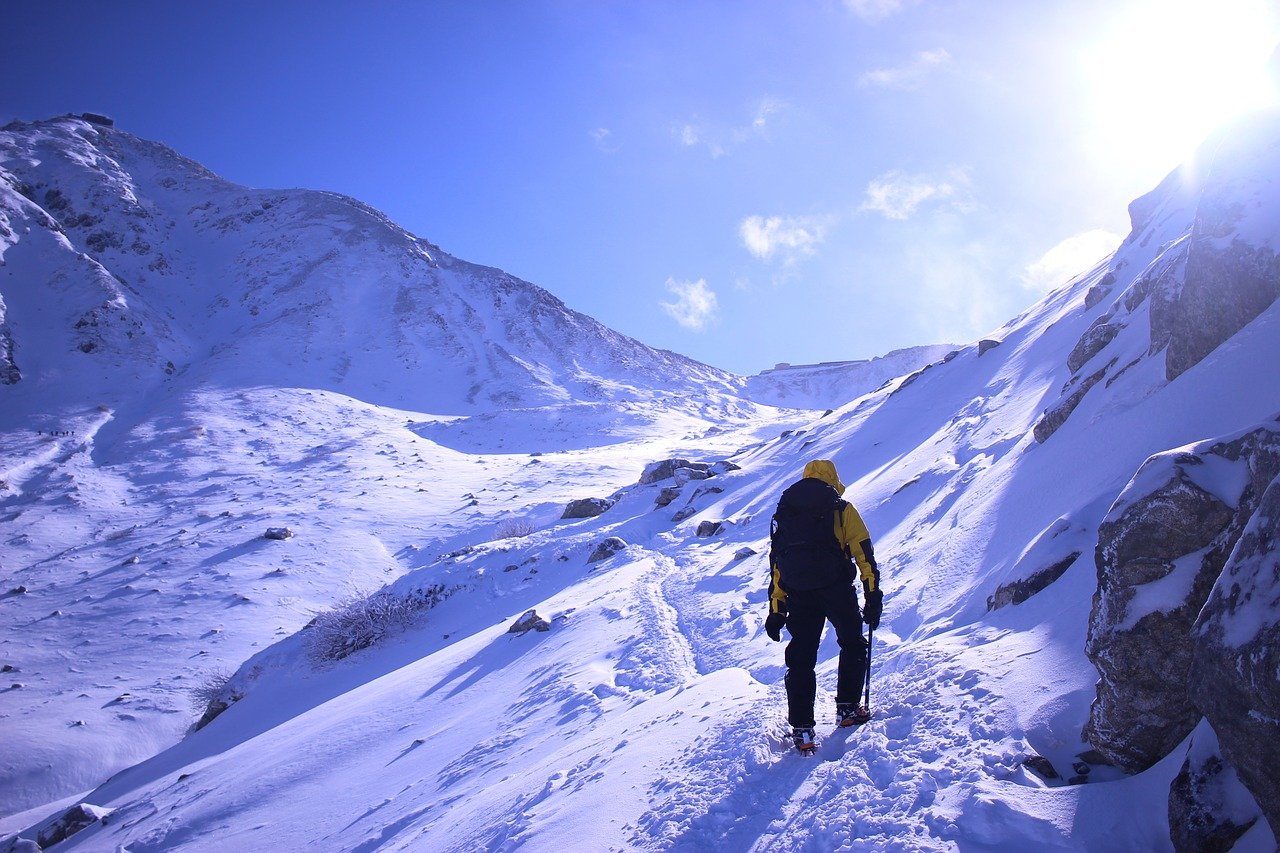Winter… At this time of year, more and more often we want to stay home, wrap ourselves in a warm blanket, and warm ourselves with warm tea. Sometimes we all do so, but there is little benefit from such a pastime for the body. At any time of year, the body needs fresh air, movement and activity. A real treasure trove of health and positive energy you’ll find in winter sports – skiing, sledding, snowboarding, ice skating and others.
So, the positive effects of winter sports on health:
- As a result of vigorous exercise, your muscles are actively working and oxygenating.
- Your muscles are toned. You feel invigorated, your performance increases, and your standard of living and mood improve as a result.
- You get rid of extra pounds. You spend a lot of energy while exercising, which leads to effective weight loss. You gradually achieve a slim and trim figure.
Attention! Winter sports involve considerable physical stress on the body. Engaged in them unprepared people need to be careful not to overload the muscles. For some people, any physical activity, including winter sports, is contraindicated or recommended in moderation.
Permanent and temporary contraindications to winter sports:
- Chronic joint disease;
- Recuperative postoperative period;
- pregnancy and the initial period of lactation;
- Infectious and viral diseases;
- muscle and tendon sprains;
- bone deformities;
- weak immunity;
- serious diseases of the cardiovascular system.
General recommendations for winter sports
If you decide to take up a winter sport seriously, it is better to consult your doctor beforehand and find out if you have any contraindications.
Be careful during your first training sessions. Beginners often overload their bodies. After a workout your muscles are very sore. Dose the exercise until your body gets used to it. Do warm up at home.
Choose clothing for sports activities. It should be warm and of good quality. They should not make you feel uncomfortable.
Do not exercise on an empty stomach. It is better to start skiing or skating after 1-2 hours after meals.
Choose an area that is suitable for your level of training.
What is the best way to eat after training?
During sports we lose a lot of energy, which should be replenished. However, you should not overeat after working out, or the lost calories will come back to you very quickly. Here are a few tips for good nutrition:
- Drink plenty of water. All fitness instructors warn that after a workout our body is dehydrated, and it is necessary to replenish the water balance. However, you should not drink a lot of water at once. Drink non-carbonated mineral or plain water gradually and in moderation.
- After your workout, eat something light: cottage cheese or low-fat yogurt, a slice of cheese, vegetables or fruit. The total calorie intake should not exceed 200-300 calories.
- If you have a workout in the evening, do not eat too much for the night. You can eat a minimum of food. You can drink kefir or eat cottage cheese, do not eat sweets.
We wish you a pleasant sporting time and a good mood in any weather!
